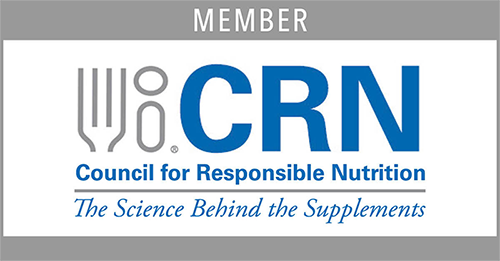What is It?*
Source Type: Antioxidant
Source(s):
- Naturally found in animal sources (red meat, organ meats)
- Naturally found in plant sources (carrots, beets, spinach, broccoli, potatoes)
- Syntheized naturally within the body
- Chemically synthesized in labs
Alpha-lipoic acid is an antioxidant made by the body that helps convert glucose into energy. Usually, antioxidants are either water-soluble or fat-soluble, but alpha-lipoic acid differs because it is both fat and water soluble. Because of this, it can work throughout the body combating free radicals and reducing oxidative stress.
Benefits*
Alpha-lipoic acid is most commonly used for managing nerve pain in people with diabetes. It is also used for lowering cholesterol, reducing obesity, and improving brain function.
Effectiveness*
Alpha-lipoic acid is effective in its role as an antioxidant and cofactor in cellular energy production.
Alpha-lipoic acid has been found to be possibly effective for managing diabetic neuropathy. Taking 600-1800 mg of alpha-lipoic acid by mouth or IV seems to improve symptoms such as pain, burning, and numbess in the legs and arms.
Research has concluded that alpha-lipoic acid is possibly effective for lowering total cholesterol and LDL (“bad”) cholesterol in people with or without hyperlipidemia.
Taking alpha-lipoic acid by mouth has been found to be possibly effective for slightly reducing body weight in overweight adults.
Researchers are beginning to investigate whether alpha-lipoic acid can be a potential treatment for stroke and other brain conditions involving free radical damage. However, there is no evidence yet to determine whether it works or not.
Risks*
Alpha-lipoic acid is generally considered safe for adults. Side effects are generally rare and may include diarrhea, vomiting, skin rash, insomnia, headache, and fatigue. Alpha-lipoic acid has not been studied in pregnant or breastfeeding women, so it’s recommended to speak with your healthcare provider first. Alpha-lipoic acid can lower blood sugar levels, so those with diabetes should only take this under supervision of their provider. Individuals with thiamine deficiency or excessive alcohol consumption should not take alpha-lipoic acid. Additionally, alpha-lipoic acid can potentially interact with certain medications, such as drugs for diabetes, thyroid disorders, or chemotherapy.



